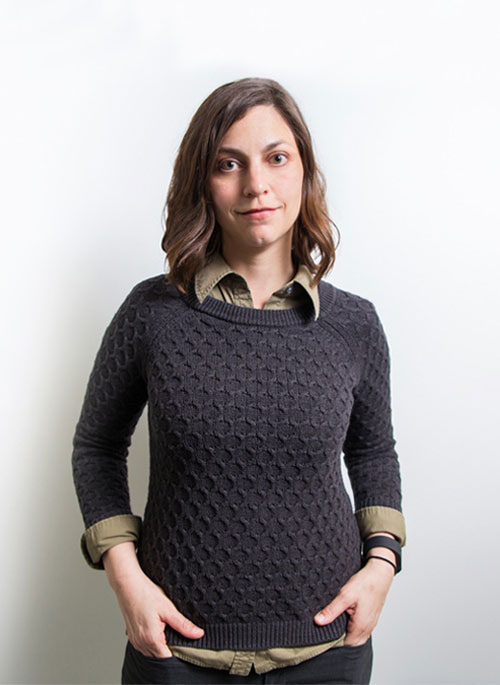Those of us over age 35 have almost surely thought: “Thank goodness there was no social media when I was ___ ( fill in your age)” … but probably not for the reasons I’m concerned with today.
Sure, we didn’t have to live in fear of being tagged in compromising pictures. We didn’t have to worry about ‘likes’ – we could just focus on being liked. We didn’t worry that a crush might read our mom’s oversharing of embarrassing childhood misadventures.
But more importantly – at least in terms of anything with potentially widespread societal consequences – we didn’t get to share our political views in any permanent sense before they were ripe.
Here’s my hypothesis: The process of making one’s political views public via social media causes early, immature beliefs to become firmly entrenched too soon.
We fielded a survey of 1,000 Florida voters to find out if there may be something to this theory … and there definitely is.
First we asked, “Consider where you now fall on the left-to-right political spectrum. How much has that changed since you were 18?”
Among those age 35 and older, 66% said their political leanings have changed “quite a bit” or “somewhat.” Only 13% said their views have not changed at all.
Democrats are the least likely to have shifted their thinking much over time, with 58% saying their views have changed at least somewhat since age 18 – compared with over 70% among Republicans and Independents.
Of those whose views HAVE changed over time, regardless of their current party affiliation, one-third say their views have become “more moderate or nuanced.”
So, it is clear that views do change over time, and that for many, these changes mean more moderate ways of thinking.
Then we asked, “If at 18 you had posted your political views on social media, which of these feelings do you think you’d NOW have about those views being public?” Two out of three people (67%) shuddered at the thought of having aired their previously-held views.
Specifically, more than half (52%) said if their views were widely disseminated at an early age, they would have been less open to hearing opposing views in the years that followed, less likely to change their views over time, or more likely to still hold those same views today. This is equally true for Republicans, Democrats, and Independents, and equally the case for men and women.
Why might this be?
Before social media, the complex process of getting your opinion published required steps that mitigated impulsiveness. Instead, “back then” political exchange was largely verbal. Conversations don’t leave nearly as deep a record or become an embedded part of one’s public identity as quickly. Opinions can shift from one conversation to another, picking up pieces of insight or disagreement along the way.
Specifically because they’re not published, conversations permit evolution and refinement of a person’s thinking.
People get dug in when they’re on the record for something – and social media has handed Millennials, and the generations that follow, an industrial-sized shovel.
When dug in, one’s opinions are less likely to evolve or take on the type of nuance that permits people from different walks of life to find common ground. Being on record leads to the desire (even if subconscious) to defend one’s views; to gather evidence that supports those views; to avoid contrary content.
Younger thinkers are most affected by this “entrenchment factor” that comes with publishing political opinions, since they have yet to be exposed to as much diversity of thought and tend to be less mature.
The things I thought and believed when I was in my teens and early 20s were less nuanced, poorly investigated (if at all), and reflected assumptions that were handed to me by family members and professors. These qualities aren’t the fault of the younger thinker – they’re defining characteristics.
And until recently, that was all right – people’s early thoughts were given the chance to seed and sprout a little differently each season, to change over time. But now, in a culture where everybody is a publisher, the chances for evolution toward moderation become fewer with each early, pre-mature post.
Ironically, you can meet plenty of strange and literal bedfellows online, but these same platforms reduce the chances of meeting strange new ideas.
By sharing too soon, the generations to come may become more polarized than ever.
